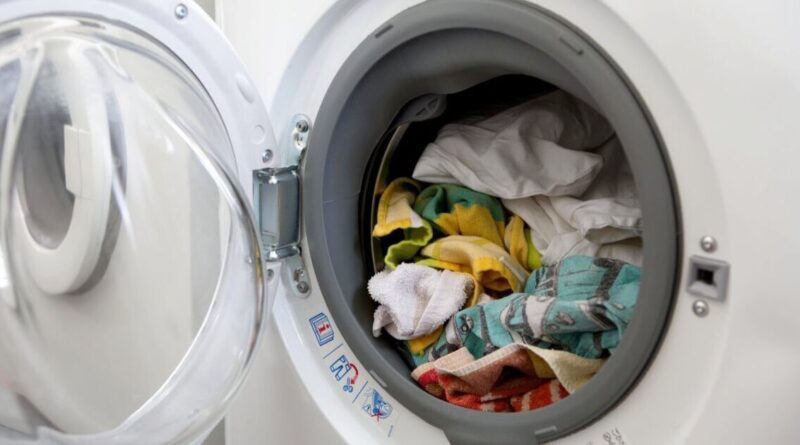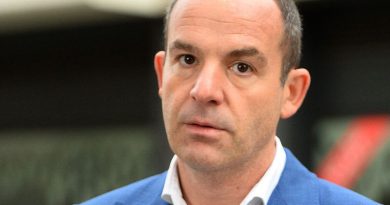Four in 10 Brits don’t know how much it costs to run home appliances | Personal Finance | Finance
A poll of 2,000 energy account holders found 42% are unaware of the running costs of high-power everyday use electrical items – such as showers, washing machines and tumble dryers. It emerged 75% aren’t confident they know the rough daily costs, while only 22 per cent think they could identify the annual spend.
With 16% admitting their knowledge of energy efficient practices hasn’t improved since costs started to increase, due to not being aware of any advice or information (15%). Despite this, 35% admitted they still don’t unplug items, and simply leave them on standby, regardless of the associated costs.
Energy efficiency experts, Utilita Energy, commissioned the research to mark the launch of its Power Price List – made up of 76 commonly used household appliances and electricals, showing how much each one costs to run per minute, average use, cycle, or when left on standby. It reveals that washing machines typically cost 21p per cycle, tumble dryers 53p and an electric shower 34p.
The company’s founder and CEO, Bill Bullen, said: “We have a crucial window of opportunity between now and winter to educate households on how much items cost to run, and where worthwhile potential savings of up to 20 per cent can be unlocked. Every penny matters as we head into the colder months, and our research reveals that millions of households would be better off knowing what electrical items cost to run, and where worthwhile savings can be made.
“We expect the Power Price List is the missing part of the jigsaw for consumers, and that it will hopefully give households the grounds for real change. Habits such as leaving items on standby and lighting unoccupied rooms all add up, and savings from simple changes such as swapping an oven for an air fryer or slow cooker can cover the cost of heating a home for a fortnight.”
The study found 61% have seen an increase in the amount of advice available around energy efficient practices since the start of the global energy crisis in 2021. But when it comes to people or brands offering energy efficiency advice, 84% reckon they should be qualified to do so.
Of those who have widened their energy efficiency knowledge, 74% have put certain practices into action at home. These include setting a four-minute shower timer (37%), unplugging items not being used (71%), and setting the heating no higher than 18-21 degrees Celsius (77%). As a result, 60% claim this has reduced their overall energy costs.
Carried out via OnePoll.com, the data found 49% feel financial savings is their biggest motivator for forming new energy-saving habits. And 58% are spurred on by money when it comes to performing energy efficient actions.
Ella Jones, Utilita’s sustainability manager, said: “The Power Price list has been built by a team of the UK’s leading energy efficiency experts over a two-year period, and will be updated every three months to reflect the latest price cap data. We will be actively tracking how many consumers use the resource and feedback will allow us to expand and develop it over time.”





